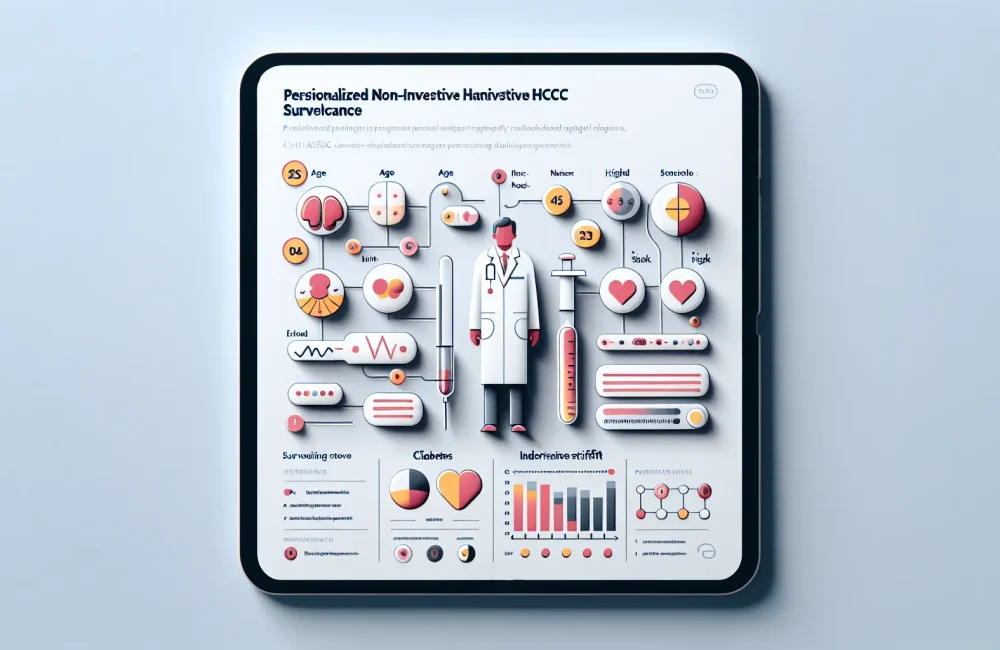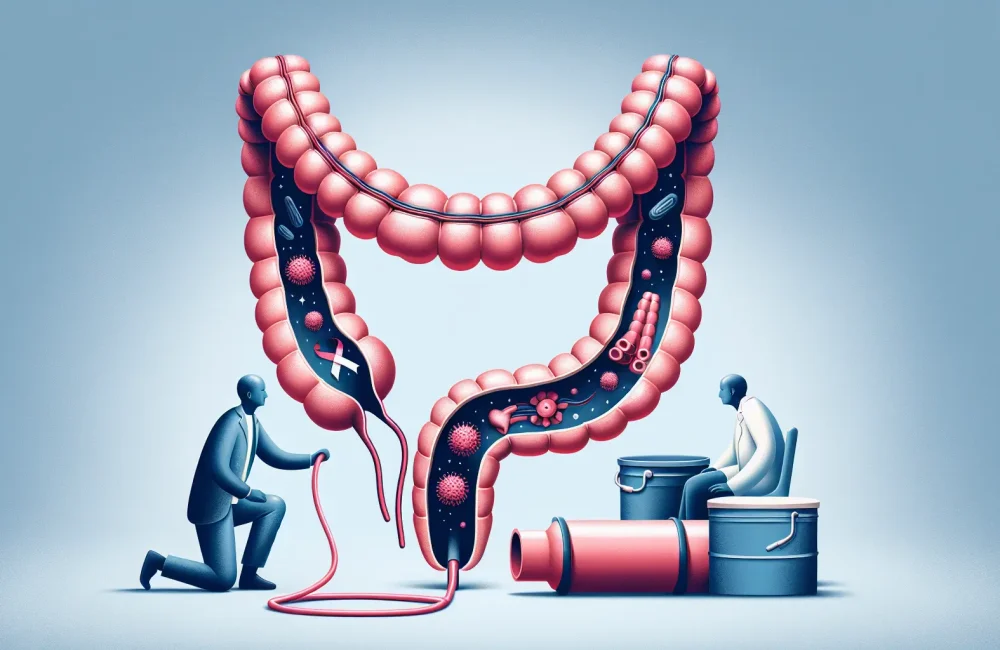By CAFMI AI From New England Journal of Medicine
Improved Disease-Free Survival with Adjuvant Pembrolizumab
Muscle-invasive urothelial carcinoma (MIUC) presents a serious clinical challenge due to its high rates of recurrence and poor survival outcomes following surgical resection. The recent phase 3 clinical trial evaluating adjuvant pembrolizumab offers promising results for clinicians managing this aggressive cancer form. In this large randomized study involving 1,000 patients who had undergone radical cystectomy or nephroureterectomy, pembrolizumab significantly extended disease-free survival (DFS) when compared to observation alone. The median DFS was not reached in the pembrolizumab group during the study period, contrasting with a median of 18 months in those only observed. This marked improvement suggests that pembrolizumab effectively delays tumor recurrence and progression after surgery, a pivotal goal in improving patient outcomes. For US-based healthcare providers, particularly those in oncology and urology, these results highlight a new standard of care possibility that can alter postoperative management strategies and potentially improve long-term prognosis for patients with MIUC.
Safety Profile and Tolerability of Pembrolizumab in MIUC Patients
The tolerability of pembrolizumab as an adjuvant treatment is a key consideration for clinicians contemplating its integration into postoperative care protocols. Immune checkpoint inhibitors like pembrolizumab carry a risk of immune-related adverse events, which can impact patient quality of life and treatment continuation. In this trial, pembrolizumab was generally well tolerated with manageable adverse events. Most immune-related side effects were controllable with standard interventions, and no unexpected safety signals emerged. This safety profile is important when counseling patients and managing follow-up, emphasizing that while vigilance for adverse events is necessary, pembrolizumab’s benefits in prolonging disease-free survival outweigh these risks for most patients. US clinicians should also consider the need for close monitoring protocols in primary care and oncology settings to promptly detect and manage immune-related complications to maintain patient safety and optimize therapeutic outcomes.
Clinical Implications and Future Directions for US Clinicians
For US oncologists and urologists, the approval and use of pembrolizumab as an adjuvant therapy offer an important advancement in the treatment landscape of MIUC. Incorporating this immunotherapy post-surgery may become a crucial strategy in improving patient outcomes by reducing recurrence risk. Clinicians should remain updated on patient selection criteria, management of immune-related toxicities, and multidisciplinary coordination to maximize benefit. Additionally, ongoing research and real-world evidence will further define pembrolizumab’s role and potentially expand indications. Practitioners should also consider the cost implications and insurance coverage strategies to ensure patient access. Ultimately, these findings encourage a shift towards personalized adjuvant treatment approaches aiming for better long-term survival in this challenging patient population.
Read The Original Publication Here






